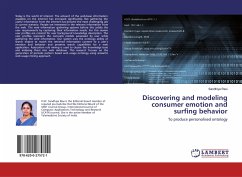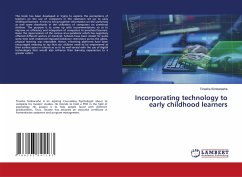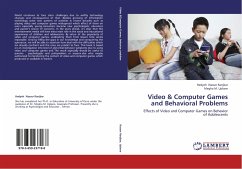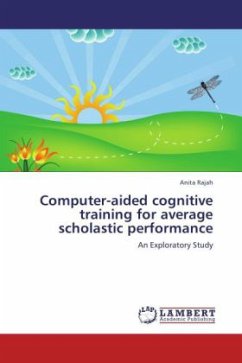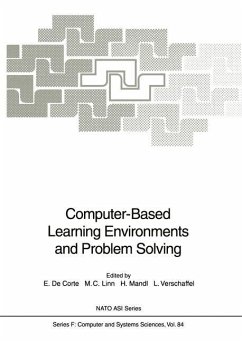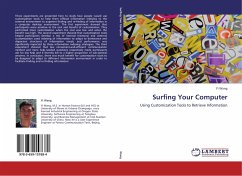
Surfing Your Computer
Using Customization Tools to Retrieve Information
Versandkostenfrei!
Versandfertig in 6-10 Tagen
32,99 €
inkl. MwSt.

PAYBACK Punkte
16 °P sammeln!
Three experiments are presented here to study how people would use customization tools to help them offload information indexing to the external environment to augment finding and re-finding of information in a computer desktop environment. The first experiment showed that participants were sensitive to the cost and benefit of customization. They performed more customization when the cost was low and when the benefit was high. The second experiment showed that customization tools helped participants develop a mix of internal (memory) and external (customization cues) indexing of information to...
Three experiments are presented here to study how people would use customization tools to help them offload information indexing to the external environment to augment finding and re-finding of information in a computer desktop environment. The first experiment showed that participants were sensitive to the cost and benefit of customization. They performed more customization when the cost was low and when the benefit was high. The second experiment showed that customization tools helped participants develop a mix of internal (memory) and external (customization cues) indexing of information to adapt to dominance and dispersion structures of information needs, and performance was significantly impacted by these information indexing strategies. The third experiment showed that less convenient-and-efficient communication method and more help-needed questions respectively made participants ask for less help and it thereby led to a higher proportion of sub-optimal answers. In conclusion, there was much benefit for customization tools to be designed to adapt to different information environment in order to facilitate finding and re-finding information.



